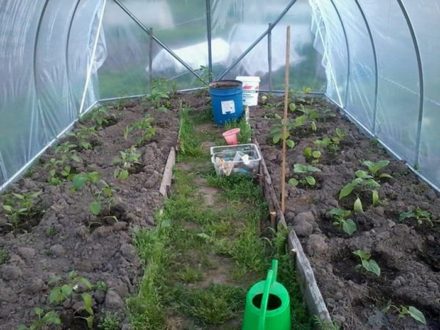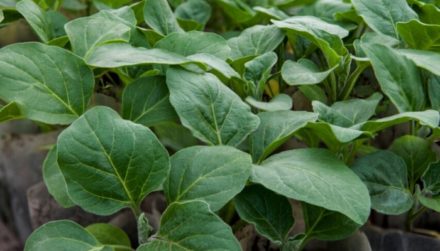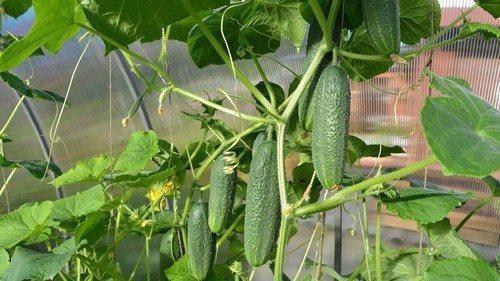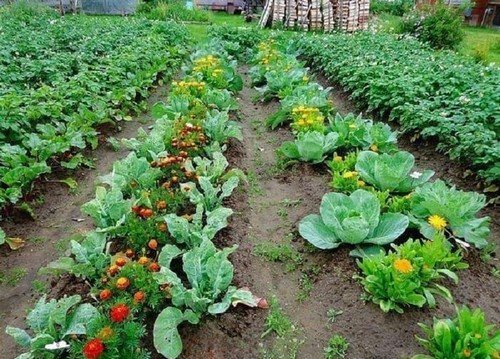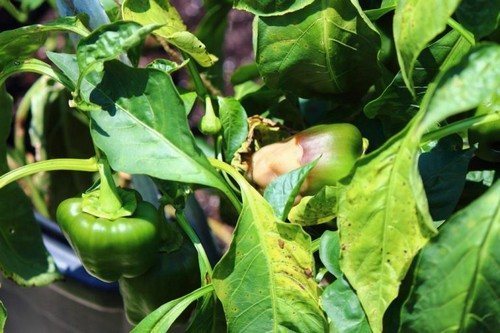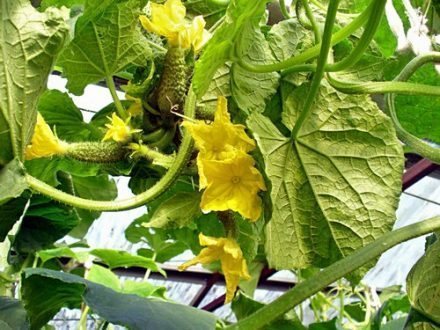Planting eggplants in the ground is a responsible task, because the yield of this crop depends on the correctness of its implementation. Often, novice gardeners make mistakes in this matter, due to which the vegetable can not only bear fruit poorly, but also die.
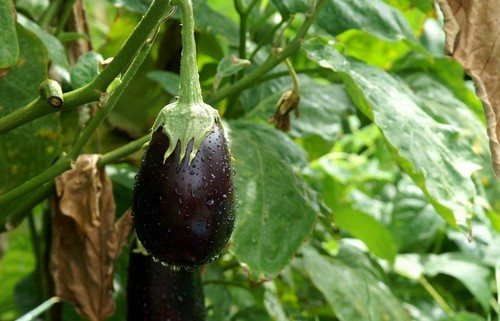
Cold
In order for the seed to germinate into healthy seedlings, it should be planted in the soil at suitable temperature parameters.
- Environment. To germinate seeds, the air must warm up to 25 degrees. Young shoots will begin to grow at a lower temperature - from 17 degrees.
- The soil. The seed will begin to grow only in soil heated to 20 degrees.
- Frost. If you move eggplants outdoors in early spring, they may freeze due to sudden temperature changes. You need to focus on the weather forecast and climatic features of the region.
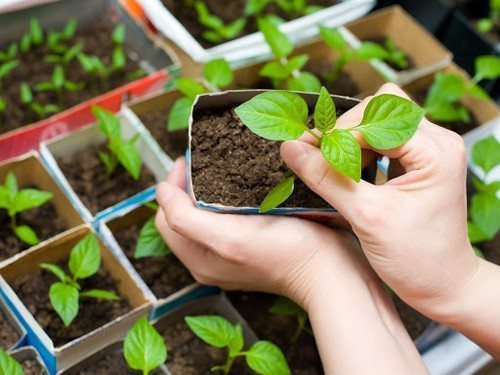
Damage to the rhizome
A very common mistake made when transplanting eggplants from a greenhouse to a garden bed is damage to the root shoots. You need to remove plants from their original growing location very carefully, delicately separating the underground part of the bush from the soil. If the main root is damaged, the shoot will quickly dry out, even if it is properly embedded in the ground and watered well.
The solution to the problem is to wait until the seedlings have grown enough and dig them up with a shovel. One more nuance - there is no need to water the plants on the eve of transplantation, otherwise the soil will turn into a lump, and the rhizome will have to be torn off from it.
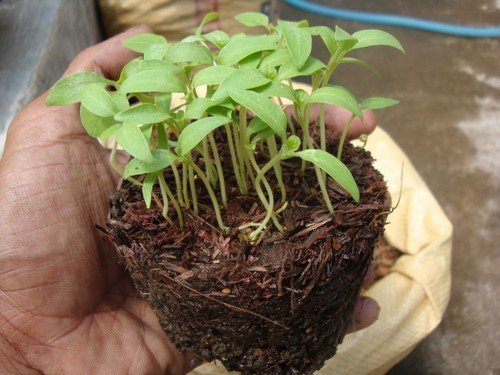
Using the wrong fertilizers
In the process of planting eggplants, various feeds are used to root the seedlings and accelerate their further growth. Some gardeners think that manure is the ideal solution in this case. True, in addition to mullein, plants need herbal compost, nitrogen and phosphorus compounds. Especially if we are talking about “poor” soil, sandstones or loams. In the spring, before planting seedlings in the ground, it is useful to sprinkle the holes with ash the day before and treat the formed bush with it.
It is best to fertilize with small doses of fertilizers so as not to “burn” the seedlings.
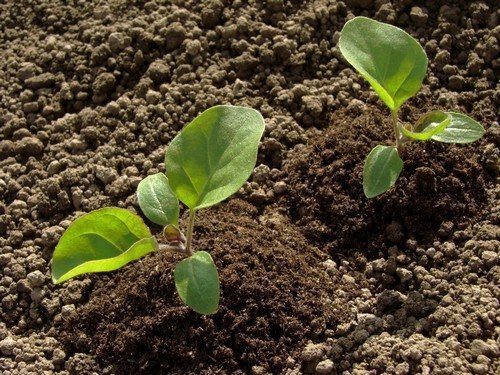
Overwatering
Eggplants, like any other garden plants, cannot grow and develop without moisture. And during the period of transplanting young shoots to the site, it is necessary to moisten the holes. But if the soil was already moist, and a sufficient amount of water was used to soak each hole, there is no need to over-water the bushes. In this case, the plant’s rhizome simply will not be able to absorb enough nutrients from the soil and will most likely begin to rot. The culture is too sensitive to excessive moisture - fungi appear on it.
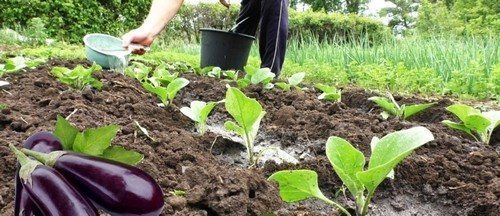
After planting, you need to water eggplant seedlings daily with small portions of water, preferably in the evening. For regions with a more humid climate, this process is performed every 2-3 days.
There are still many nuances that affect the growth and fruiting of eggplant seedlings, but by avoiding the listed mistakes, it will be much easier to achieve the desired result.


